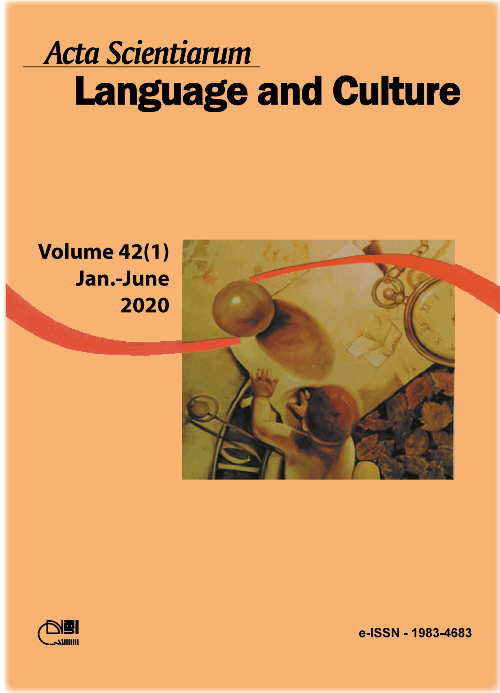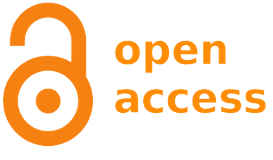Uma proposta teórico-metodológica de telecolaboração para o ensino de línguas nas escolas regulares do Brasil
Resumen
Too often regular school students do not seem to demonstrate necessary skills to communicate well enough in other languages, for instance, in English and Spanish. Telecollaboration, which is related to the use of digital tools in collaborative projects (Belz, 2002; O’Dowd, 2018), can make the development of these skills possible through interaction between students from Brazilian regular schools and schools from other countries. Drawing on scholars such as Belz (2002, 2007), O’Dowd (2006, 2012, 2013, 2018), Thorne (2006), Telles (2009, 2015), Schaefer (2019) and Schaefer and Heemann (2019), this study has the objective of presenting a theoretical-methodological proposal, which involves telecollaboration, for the teaching of languages in Brazilian regular schools. We suggest that projects that include telecollaboration as a model of online teaching and learning of languages in Brazilian regular schools can foster the reflection on different issues of contemporary societies such as manifestations of prejudice, inclusion and cultural diversity, ethnic-racial differences, and discrimination. Thus, we advocate the idea that language, in telecollaborative activities, cannot merely be conceived as a means of communication, but also as an instrument which aims at promoting the intercultural education of an individual since, according to Deardorff (2004), educational institutions have the task of preparing intellectually and culturally their students.
Descargas
Metrics
DECLARAÇÃO DE ORIGINALIDADE E DIREITOS AUTORAIS
Declaro que o presente artigo é original, não tendo sido submetido à publicação em qualquer outro periódico nacional ou internacional, quer seja em parte ou em sua totalidade.
Os direitos autorais pertencem exclusivamente aos autores. Os direitos de licenciamento utilizados pelo periódico é a licença Creative Commons Attribution 4.0 (CC BY 4.0): são permitidos o acompartilhamento (cópia e distribuição do material em qualqer meio ou formato) e adaptação (remix, transformação e criação de material a partir do conteúdo assim licenciado para quaisquer fins, inclusive comerciais.
Recomenda-se a leitura desse link para maiores informações sobre o tema: fornecimento de créditos e referências de forma correta, entre outros detalhes cruciais para uso adequado do material licenciado.




















6.png)









